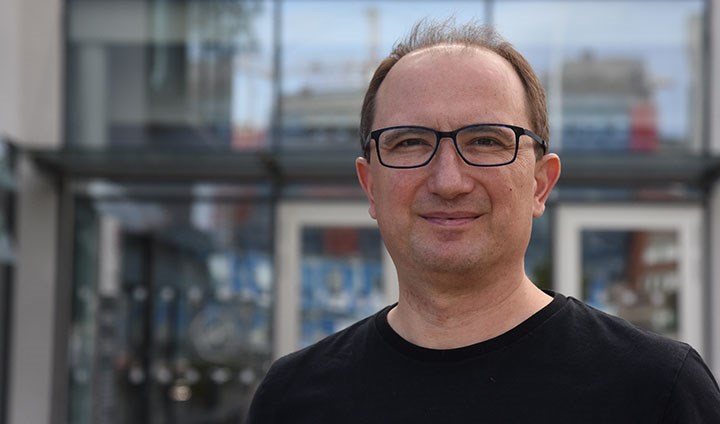Important step towards the prevention of type 1 diabetes

Matej Orešič
Örebro researchers have identified early changes in the metabolism in children who later in life develop type 1 diabetes – an important step towards the prevention of the disease. This is one of several research findings that will be presented at the Nordic Metabolomics Conference, opening on Sunday in Örebro.
“We have identified early changes when it comes to the metabolism of lipids which affects the immune system. These changes take place before the children start developing antibodies,” says Matej Orešič, researcher in medicine at Örebro University.
Researchers have followed 8,000 Finnish children since 1994 – from birth to the onset of adulthood. This has made it possible to go back and review samples from children who have developed type 1 diabetes, analysing what happened in their bodies before they developed the disease.
Type 1 diabetes is an autoimmune disease, meaning, in this case, that the immune system produces antibodies attacking and destroying those cells that produce insulin.
“We do not yet have a full grasp on the changes taking place before the body starts to produce antibodies. However, the work to predict and identify those that will develop the disease goes hand in hand with the goal of preventing children from developing type 1 diabetes,” says Matej Orešič.
“I’m excited about discussing metabolomics with fellow researchers from all over the world and look at our different studies.”
Text and photo: Linda Harradine
Translation: Charlotta Hambre-Knight
Researchers in metabolomics look at our metabolism and how any changes in it affect us. Researchers at the conference study, for instance, autoimmune diseases, environmental toxins and nutrition in relation to metabolism.
The first Nordic Metabolomics Conference is being hosted by Örebro University. This thanks to Örebro researcher Matej Orešič, who is also a driving force within Nordic Metabolomics Society, scheduled to hold their first general meeting in Örebro during the conference. The event is, moreover, fitting with the University’s strategic initiative within food and health.
The conference gathers over 170 metabolomics researchers from 14 countries – from the Nordic countries, but also from the US, Spain and Australia to mention a few – to discuss the latest developments within the field. 15 travel grants have been awarded to junior researchers to facilitate their participation.
